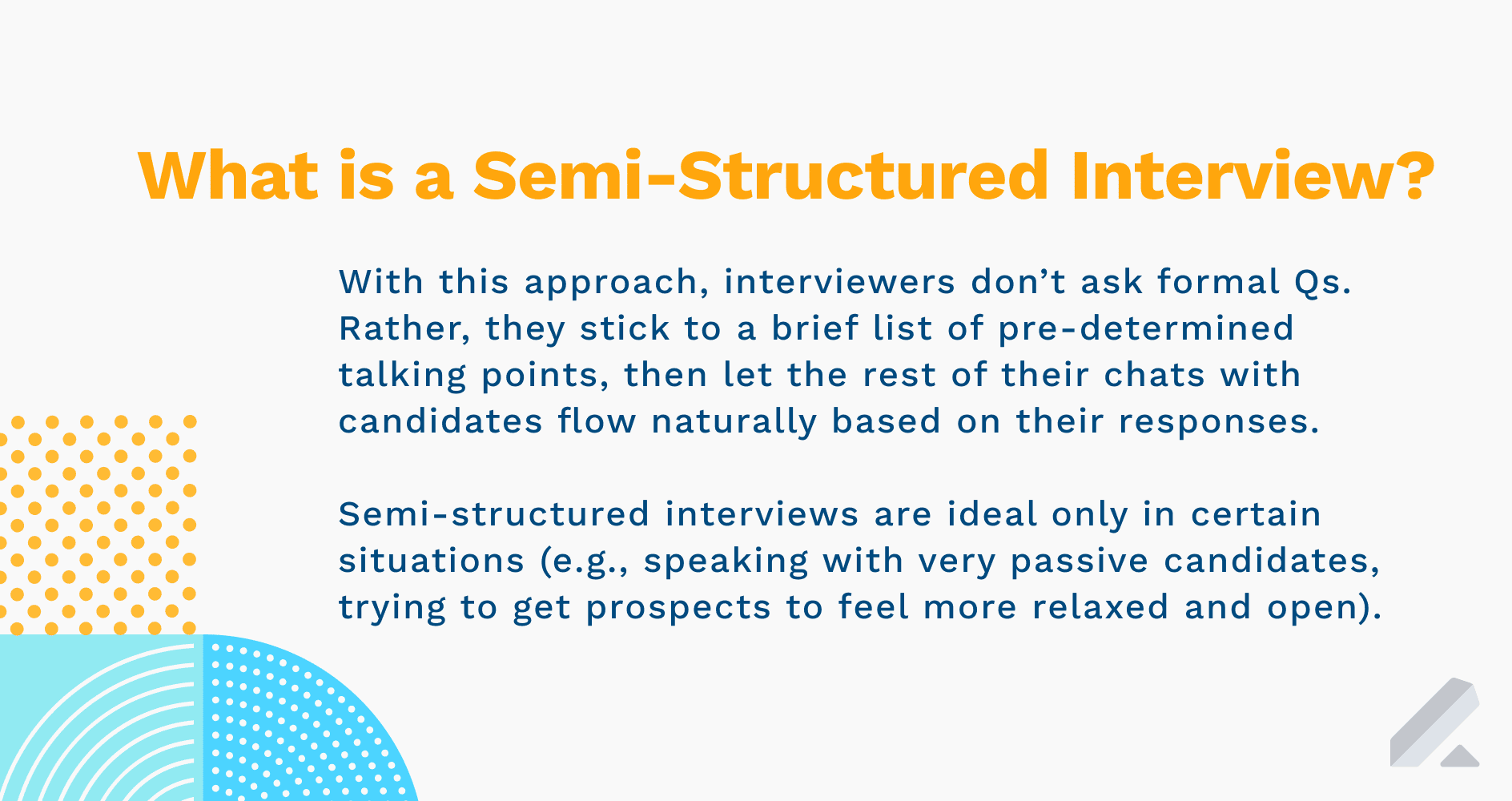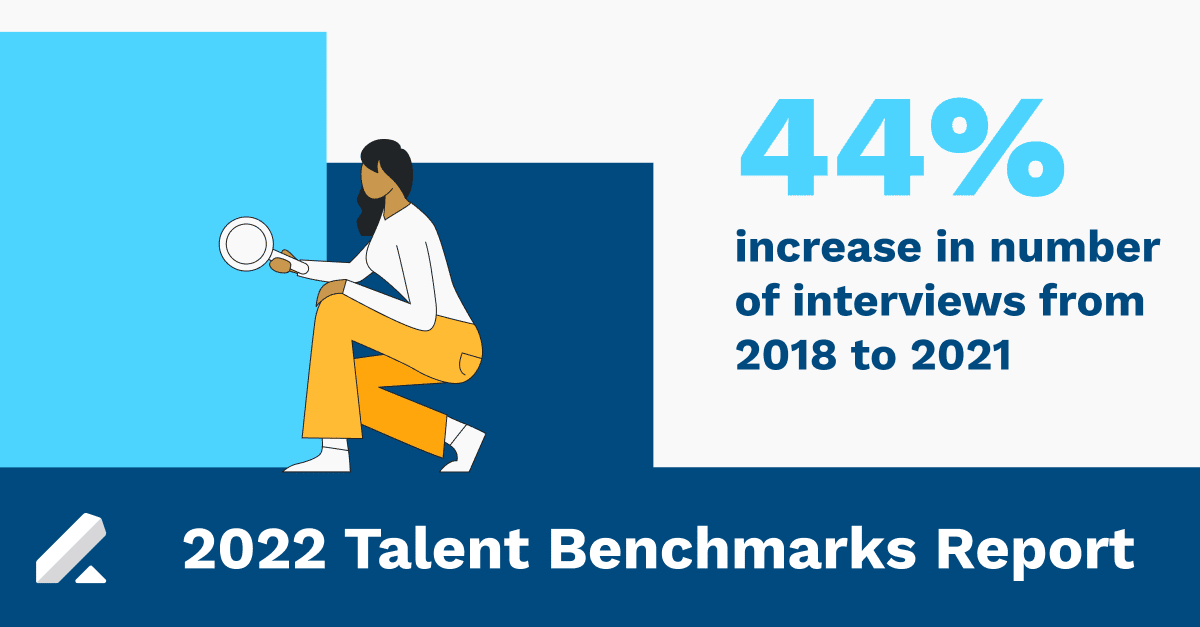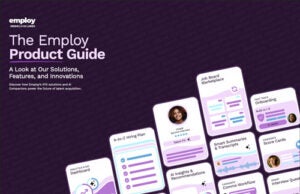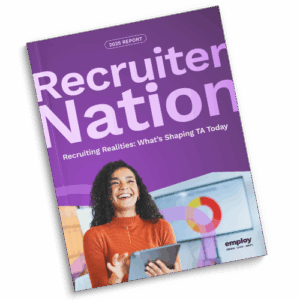As a recruiter, your job is always going to be sourcing top quality candidates for open positions at your company. Every new hire made should be the best you can possibly find.
Successful recruiters employ an arsenal of advanced recruiting and sourcing techniques.
One of these available to you is called “topgrading”, and is the efficacious new Swiss army knife every recruiter needs in their toolbox.

What is topgrading?
This sourcing technique gives an organization the most comprehensive illustration of a candidate’s experience, professional background, and personality.
Authored by Dr. Bradford D. Smart, the methods and questions involved are designed for thorough screening, which rivals the ability of other standardized historical and behavioral interviews, which are often vulnerable to dishonest answers from unqualified interviewees.
The result of its use should be an in-depth view of a candidate’s ability, competency, and likelihood for success at your company.
This evaluative corporate hiring methodology employs a twelve-step process for effective implementation. These steps can be modified, rearranged, or cut to suit the demands of the available position.

The 12 steps of topgrading interviews
- Measure and improve the hiring process. Look for correlations between turnover and potential flaws in the current methodology and adjust accordingly.
- Create a job scoreboard. Put together an on-paper criteria for the ideal candidate.
- Advertise. Advertise the position with a clear and comprehensive list of skills, experience, and personalities required.
- Filter candidates with a work history form. Provide interviewees with detailed work history questionnaires; this will weed out weak candidates, and alleviate the need to read through and decipher resumes.
- Conduct phone interviews. Save time on your first interview rounds by having an initial conversation about job history and satisfaction remotely.
- Conduct competency interviews. Ask more generalized questions about attitude, proficiency, and behavior for quick insight.

- Conduct a topgrading interview. Have a conversation with the candidate about how they ended up where they are today. This should be chronological, beginning with high school and ending with goals for the future.
- Provide feedback to interviewers. Instant improvement is the name of the game, and interviewers should receive critique, tips, and additional training as needed after each interview conducted.
- Summarize. Analyze data collected from the interviews to identify patterns in the candidate’s history and experience.
- Have the candidate arrange reference calls. The candidate themself should contact previous employers and arrange interviews with your company.
- Coach the new hire. The topgrading methodology doesn’t stop at the interview process, but additionally recommends immediately working on improvements and growth expectations with your new employee.
- Measure success annually. Review employee performance and turnover rates on a yearly basis. Work to identify any flaws in your system, and address them accordingly.

The topgrading interview, explained
Step seven of the topgrading process is our main focus in this article.
A topgrading interview, conducted after thorough initial screening, allows you deeper insight into a candidate’s professional journey by garnering sincere answers to probing questions.
The goal of this phase is to ask chronological questions about the interviewee’s job history and self-evaluation, building upon each answer with sub-questions that get very possible.
Below is an example interview for you to reference while conducting your next topgrading interview. Dr. Smart recommends using a two-interviewer approach, selling the interviewee on openness and honesty, and keeping a conversational tone for the comfort of the candidate.
Topgrading Interview Example
Early Influences
- Considering your years in high school, who were the most influential people, and similarly the most influential experiences, that you feel have affected your personality and values?
- What were the high and low points for you during your high school career?
- What were your career ideas and plans after leaving school? What did you do next?
Work History
Note: The following questions should be asked in relation to each full time job held by the candidate, beginning with the most recent and moving forward.
- What are some notable successes and accomplishments? And how were these achieved?
- We all make mistakes — what were some mistakes you made or failures you had during your time in this position?
- What was your supervisor’s name and title? Would you be willing to arrange for us to talk with them?
- What was it like working under this supervisor? What do you feel were their strengths and shortcomings?
- What do you feel your supervisor’s honest opinion of your strengths, weaknesses, and overall performance were?
- For management positions: What sort of talent did you inherit? What changes did you make? How many A, B, and C candidates did you end up with? Please name and evaluate one previous subordinate in each category.
Plans and Goals for the Future
- Let’s discuss what you are looking for in your next job.
- What are your long-term career goals and objectives?
Self Appraisal
- Give us a thorough self-appraisal, beginning with what you consider your strengths, assets, things you like about yourself, and things you do well.
- And on the other side, what would you say are your shortcomings, weak points, or areas for improvement?

Conduct your first topgrading interview today
Using a topgrading interview methodology makes it easier to sourcing qualified candidates without depending on the honesty policy. If you’re interested in learning about other candidate interview strategies, then check out some of the resources below.
- Behavioral Based Interview Questions
- Interview Questions for Managers
- Interview Questions for Recruiters
- IT Interview Questions
- Competency Based Interview
- Internal Interview Questions
- Phone Interview Questions
Curious to see how Lever can help you transform your talent strategy, and through better hiring, your business? Schedule a personalized demo of our talent recruiting platform today.

















